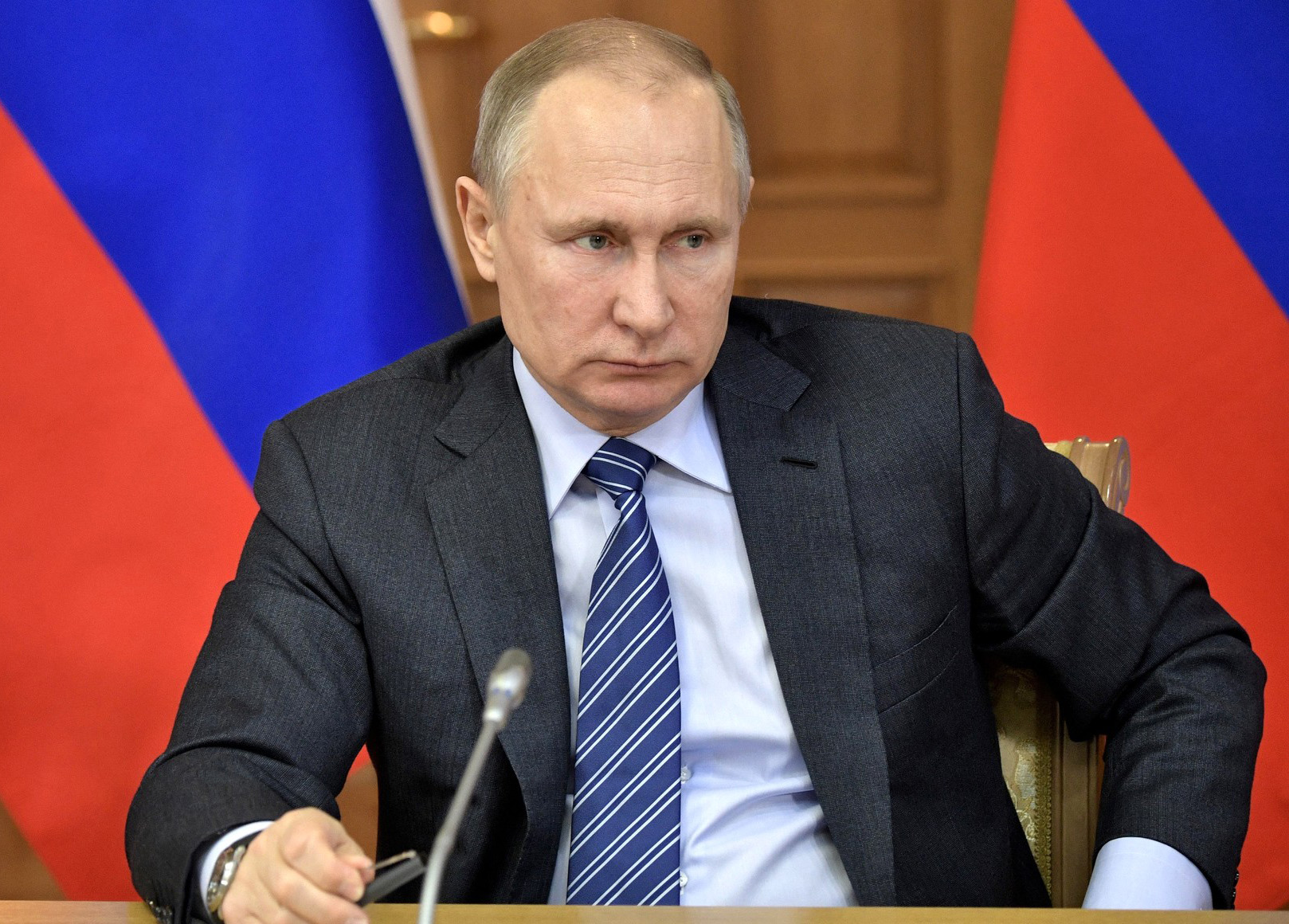Debate: Is Russia in Decline?
 Is Vladimir Putin’s Russia rising, declining or stagnating, and compared to whom?
Is Vladimir Putin’s Russia rising, declining or stagnating, and compared to whom?
The answer to this question is of fundamental importance for the U.S. and the global order. Changes in Russia’s standing shape America’s and other great powers’ policies toward Russia, as well as Russia’s own policies toward other countries. Measuring the dynamics of Russia’s power in the 21st century is also of vital importance to the U.S. because Russia will continue to impact America’s national interests and the global order in profound ways in the foreseeable future for a number of reasons. The alternate positions that Russia can take on a number of issues central to U.S. national security affect the safety and security of America in substantial ways.
This debate, like others in our Contestable Claims section, takes on a crucial question impacting the U.S.-Russia relationship. In the opening argument, Simon Saradzhyan, director of the Russia Matters project, and Nabi Abdullaev, a lecturer at the Moscow School of Social and Economic Sciences and associate director at Control Risks, argue that Russia’s national power has been rising under Putin compared to Russia’s Western competitors, but declining relative to China and India. This, the authors argue, explains Russia’s more aggressive posture toward the West as it “assert[s] its vital national interests in countries or regions that it has traditionally viewed among its so-called ‘privileged interests,’” while also adopting a more accommodating attitude toward China.
In his response to Saradzhyan and Abdullaev, Andrew Kuchins, senior fellow at the Center for Eurasian, Russian, and East European Studies, Georgetown University, argues that “Russia is rising and declining simultaneously.” Russia's military power has grown, but "Putin has not created the conditions crucial for sustained economic growth and the development of new commercial technologies." In fact, Kuchins argues, Putin's policies "have for the most part hurt rather than helped Russia’s technological competitiveness and prospects for long-term sustainable economic growth." While "key elements of Russian power grew during Putin’s first two terms as president," Kuchins writes that they have "relatively declined or stagnated at best for the past decade."
DISCUSSION
Measuring National Power: Is Vladimir Putin’s Russia in Decline?
Executive Summary
As Vladimir Putin embarks on another six-year term as Russia’s president, Western pundits and policymakers are left wondering whether his reelection means that Moscow’s muscular policies toward America and other Western powers will continue or even escalate. But what is the reality of Russian power in the Putin era? Is Russia a rising, declining or stagnating power? How does its standing in the global order compare to other nations, including the United States, China and European powers? This report by Simon Saradzhyan, director of the Russia Matters Project at Harvard’s Belfer Center for Science and International Affairs, and Nabi Abdullaev, a lecturer at the Moscow School of Social and Economic Sciences, seeks to systematically answer these questions, which have been the subject of considerable debate in recent years. While some scholars have expressed the view that 21st-century Russia is in decline, others have dubbed it the No. 2 nation in the post-Cold War world.
Russian Power Under Putin: Up and Down and Flatline
Measuring Russian power in international relations has always been tricky: German Chancellor Otto von Bismarck in the 19th century wisely observed that Russia is never as strong or as weak as it looks. For those trying to gauge whether the power of the state in contemporary Russia is rising or declining, Simon Saradzhyan and Nabi Abdullaev have contributed one of the most methodologically rigorous analyses available in their recent report “Measuring National Power: Is Vladimir Putin’s Russia in Decline?” Overall, the authors conclude that, since Putin’s ascent to the country’s top office in 1999, Russia has been rising in power relative to the West while declining relative to China and India. The report has three weaknesses, however, that cast some doubt on the claims about Russia’s rise: It underestimates the significance of Russia’s decade-long economic stagnation; it gives too much weight to a single measure of government effectiveness; and it does not find an adequate way to assess the extent to which technological innovation is, or is not, boosting national power.

